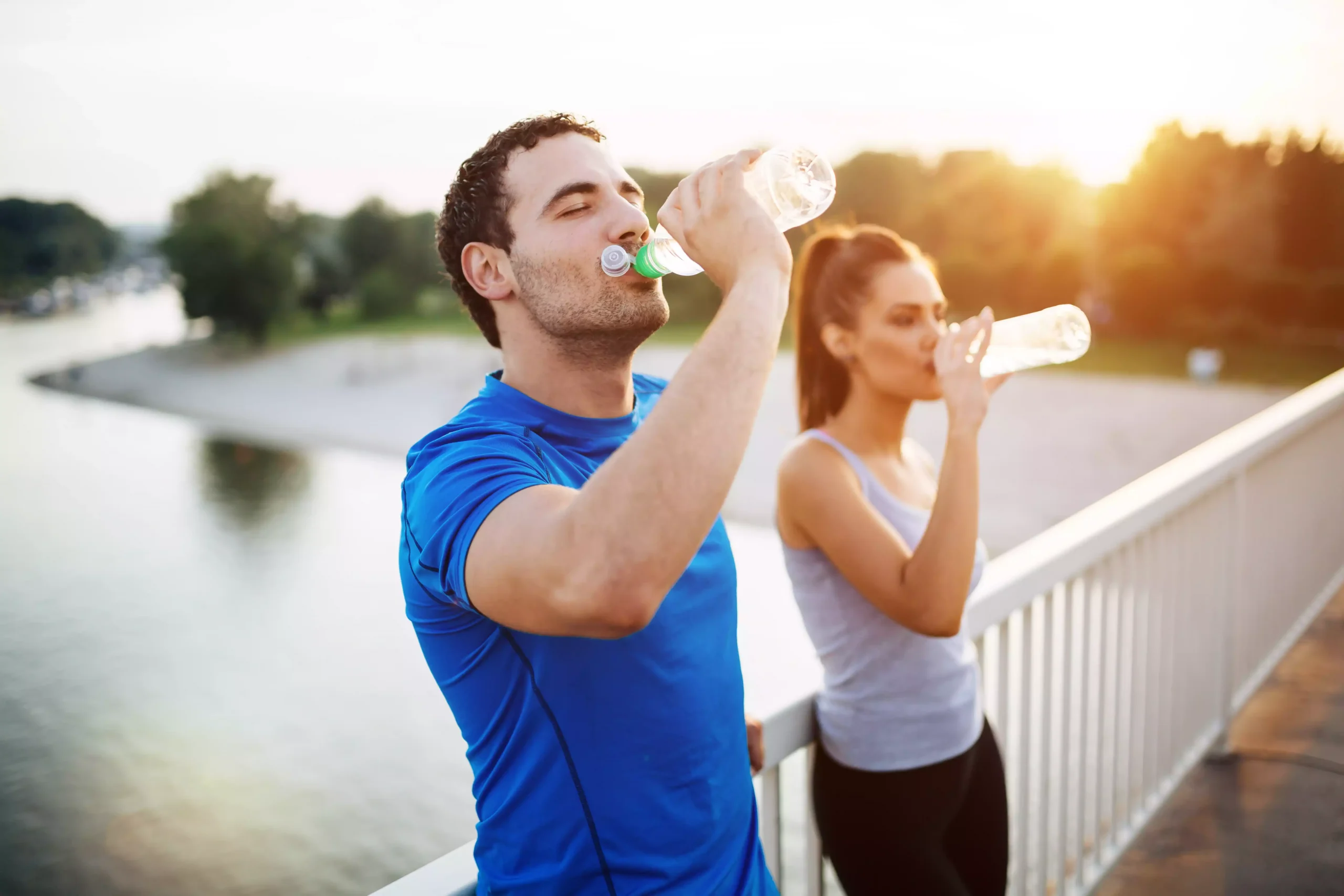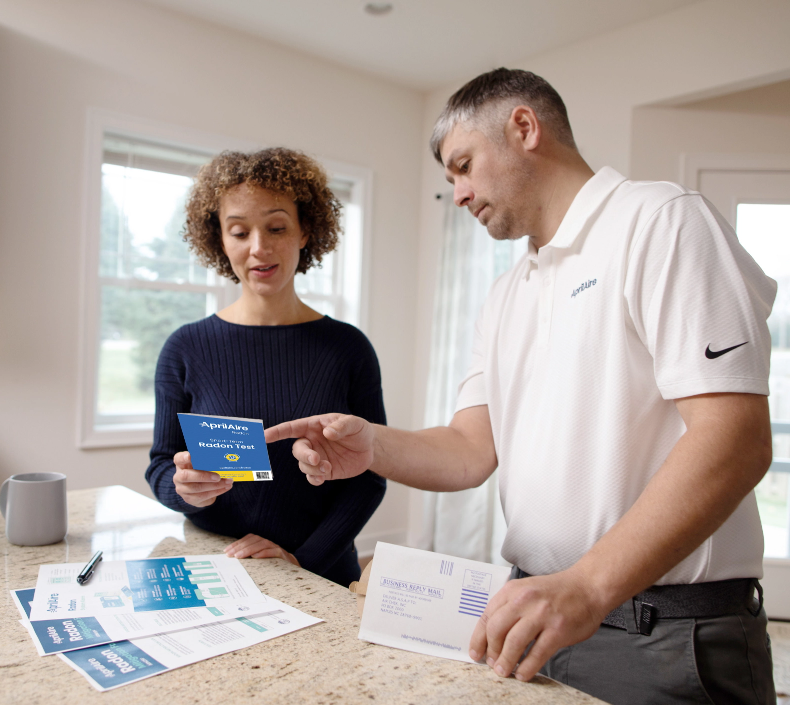Dehydration and Heat Exhaustion: Signs to Look For
2 minute read
Click play to listen to the Dehydration and Heat Exhaustion: Signs to Look For.
Stay in the game for all your summer adventures using smart strategies to avoid dehydration and heat exhaustion. It’s important to note that there are many potential causes of dehydration that you should be aware of, but today we’re focused on heat-related dehydration during the summer and how to prevent it.
Warning Signs of Heat-Related Illnesses
- Extreme thirst. We don’t always get thirsty as our body loses hydration, but a sudden feeling of extreme thirst is a sure sign that you’re dehydrated and should rest immediately
- Less frequent urination. This is a warning sign for people of all ages, so it’s crucial to check on kids in diapers as well
- Dizziness or confusion. When exercising alone outdoors, it can be even more difficult to tell when you’re feeling the mental signs of dehydration
- Fatigue or irritability, especially in young children and older adults
- For infants: lack of tears when crying, sunken eyes or cheeks, dry mouth, and sunken soft spot on the top of the head
- The quality of the air you’re breathing can compound the impacts of dehydration. Stay aware of adverse weather events in the surrounding area that can make the air outside unsafe to breathe, and consider ways to ensure Healthy Air in your indoor spaces throughout the summer
How to Avoid Dehydration and Heat Exhaustion
In addition to watching for warning signs of dehydration and heat exhaustion, keep in mind these tips for staying safe in the summer heat.
- Don’t wait until you’re thirsty, stay hydrated throughout the day by consistently drinking moderate amounts of water or other hydrating liquids
- Avoid excessive caffeine and alcohol, which increase dehydration
- Take frequent breaks in the shade or indoors in an air-conditioned room. Start with 5–10 minutes of “cool time” every hour
- Wear loose-fitting, light-colored clothing
- Avoid intense outdoor activity between 11:00 a.m. and 3:00 p.m., the hottest part of the day
- Take cold showers or baths to cool off quickly
- Be extra careful when traveling far from home, as the distance can make it difficult to pack along the right clothes and proper hydration. Make extra stops along the way while traveling, and keep a cooler packed with ice in the car
- In some areas of the country, air conditioning isn’t standard in every home and apartment. Try strategies to beat the heat with circulation fans and by avoiding heated cooking
- Check-in often with young children and older adults, who are more susceptible to heat-related illnesses
Plan with Your Doctor
Dehydration can have short- and long-term impacts, so talk to your doctor if you have any questions or concerns for yourself or your family.
